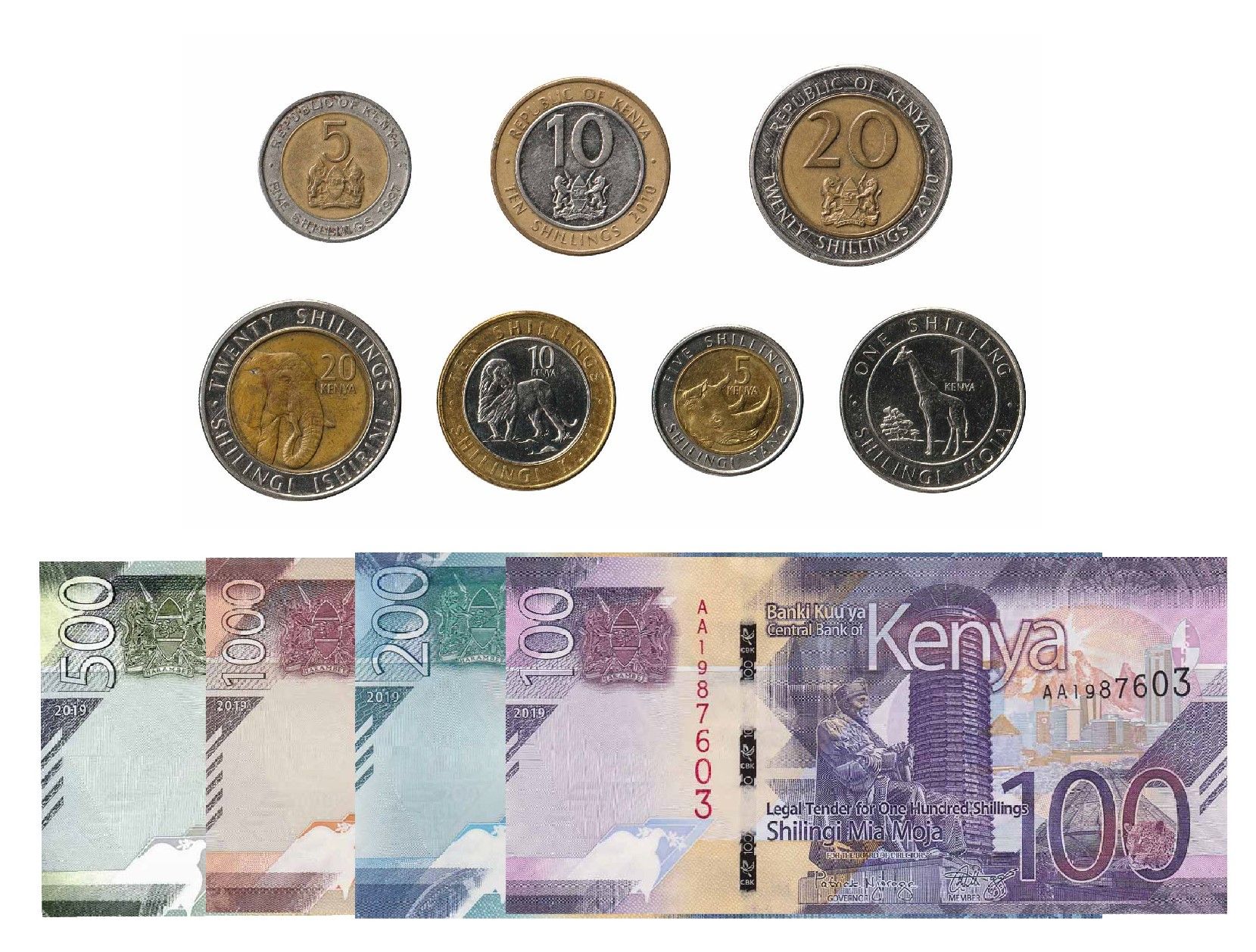
Kenyan commercial banks are set to implement more stringent monitoring mechanisms for large cash deposits and transfers, particularly those exceeding KES 1 million, as part of a new directive from the Central Bank of Kenya (CBK). This move, which took effect in October 2023, is aimed at combating money laundering and terrorism financing, two issues of increasing concern in the country.
CBK’s New Directive: A Closer Look
The CBK’s directive introduces “Purpose of Payment” (PoP) transaction codes, a significant step toward enhancing the transparency of financial transactions. These codes are designed to categorize transactions, providing detailed information on the nature and purpose of each financial transfer. This information will be crucial for regulatory compliance, aligning Kenya’s financial system with international standards such as ISO 20022, which calls for standardized, transparent, and efficient financial messaging across the globe.
Although the CBK has not set a specific deadline for the full implementation of these measures, the global deadline for compliance with ISO 20022 is set for the end of 2025. The new directive is expected to expedite Kenya’s adoption of these standards, ensuring that the country remains in step with global financial regulations.
Implementation by Kenyan Banks
On Wednesday, NCBA, Kenya’s fourth-largest commercial bank, became one of the first banks to inform its customers about the upcoming changes. NCBA emphasized the importance of adopting the ISO 20022 messaging standards and reassured customers that they would receive the necessary support to transition smoothly to the new payment standards. Other banks in Kenya are expected to follow suit, implementing PoP codes for Real-Time Gross Settlement (RTGS) transactions, which are crucial for moving large amounts of cash between banks instantly.
The Kenya Electronic Payments and Settlement System (KEPSS), which is responsible for processing RTGS transactions, recorded 1.98 million transactions worth KES 10.7 trillion ($82.3 billion) in Q1 2024. This reflects a slight decrease in transaction volume but a notable 6% increase in value compared to the previous quarter, highlighting the growing importance of secure and efficient transaction processing in the country’s financial ecosystem.
PoP Codes and ISO 20022: Enhancing Financial Transparency
The introduction of PoP codes is a critical component of Kenya’s strategy to enhance financial transparency and comply with international anti-money laundering (AML) laws. These codes will allow banks to track and report the nature of transactions more accurately, using additional fields to record specific details about each transfer. This aligns with the requirements set by the CBK and ISO 20022, which advocate for a standardized approach to financial data processing globally.
The standardization of data formats through ISO 20022 is expected to streamline cross-border payments, making them more efficient and less prone to errors. A banking executive, speaking to Techcabal, highlighted that these changes will also simplify the compliance process for banks, ensuring that all transactions are properly categorized and reported.
Previous Attempts and the Road Ahead
This new directive follows a previously unsuccessful attempt to grant tax authorities access to bank and mobile money transactions through a proposed amendment to the Data Protection laws in the Finance Bill 2024. Although this measure was ultimately withdrawn, the CBK’s latest directive underscores the ongoing efforts to tighten regulatory oversight of the financial sector.
Non-compliance with the new anti-money laundering laws could result in severe penalties for Kenyan commercial banks, including fines of up to $155,000 (KES 20 million). This significant financial risk underscores the importance of adhering to the new regulations and ensuring that all financial institutions in Kenya are fully compliant.
Conclusion
As Kenya’s financial sector continues to evolve, the CBK’s new directive represents a critical step towards enhancing transparency and combating financial crime. By aligning with global standards such as ISO 20022 and implementing the PoP codes, Kenyan banks are not only improving their compliance but also contributing to the overall stability and integrity of the country’s financial system. As the global deadline approaches, the successful implementation of these measures will be crucial in maintaining Kenya’s position in the global financial landscap
